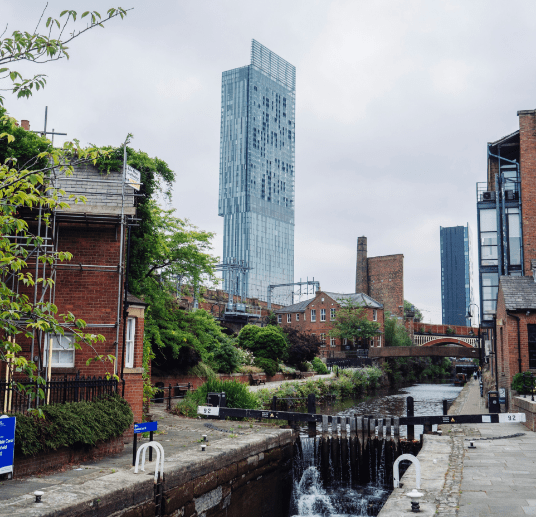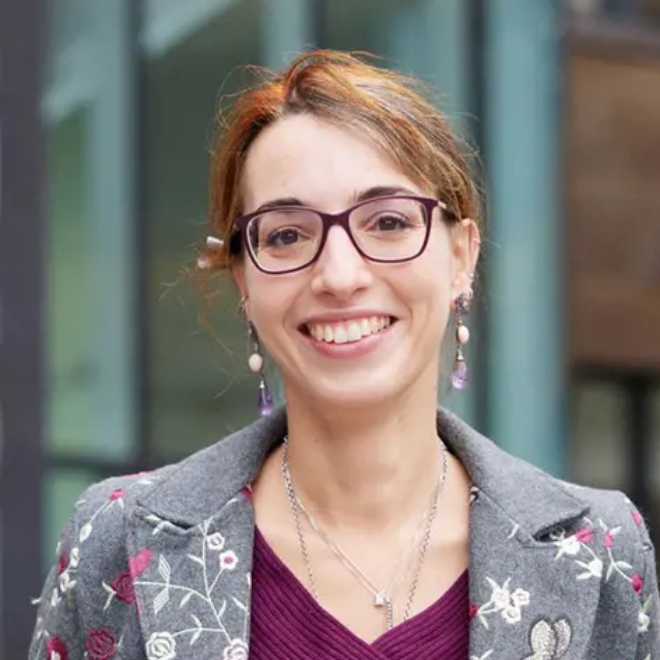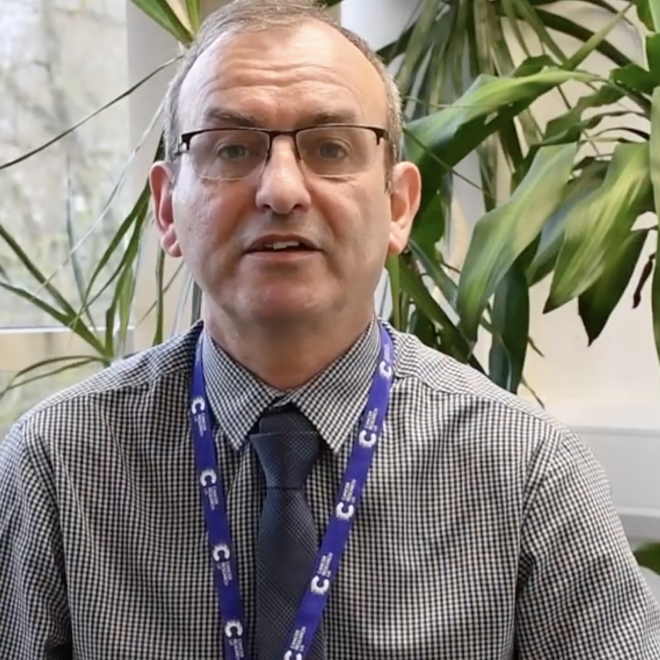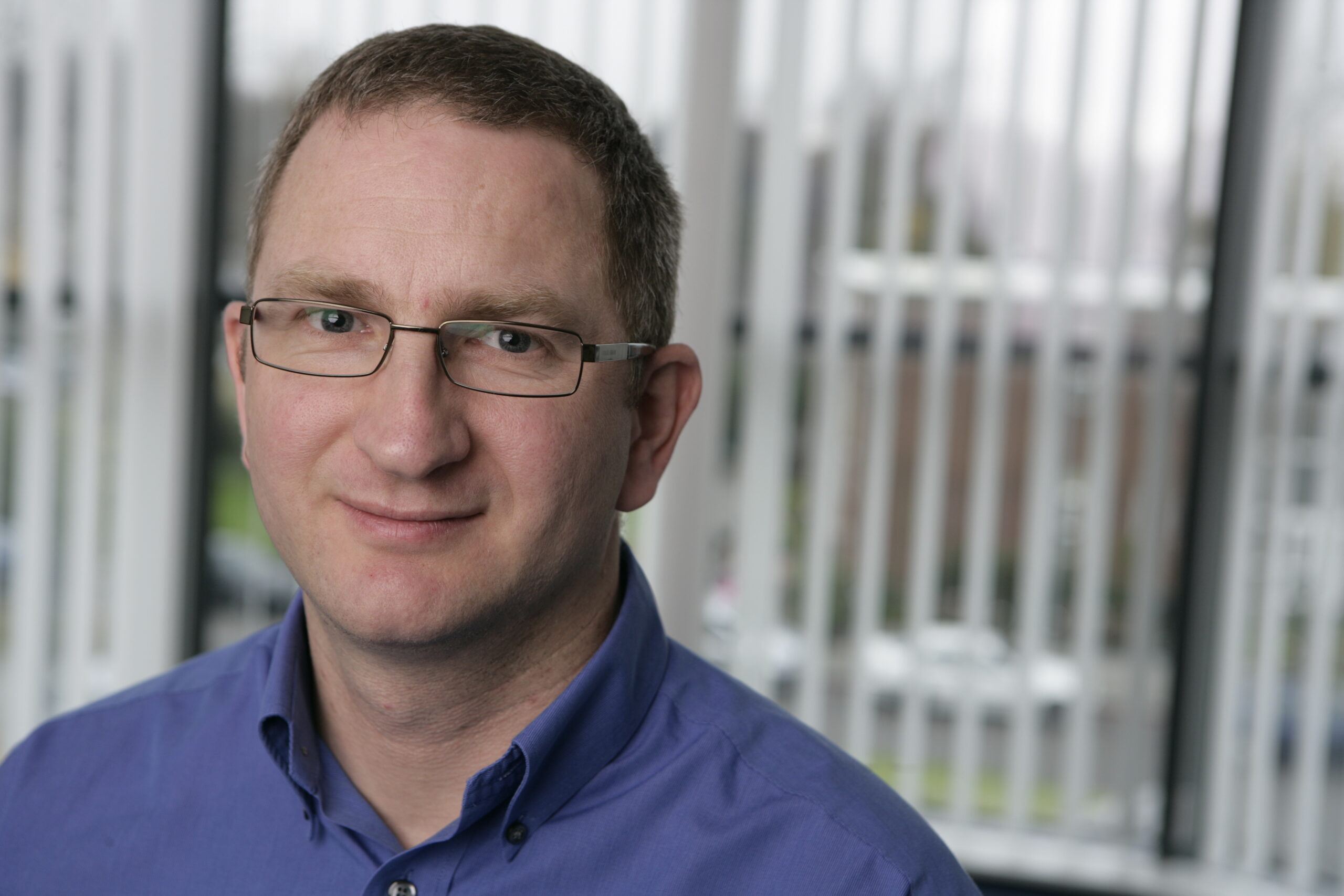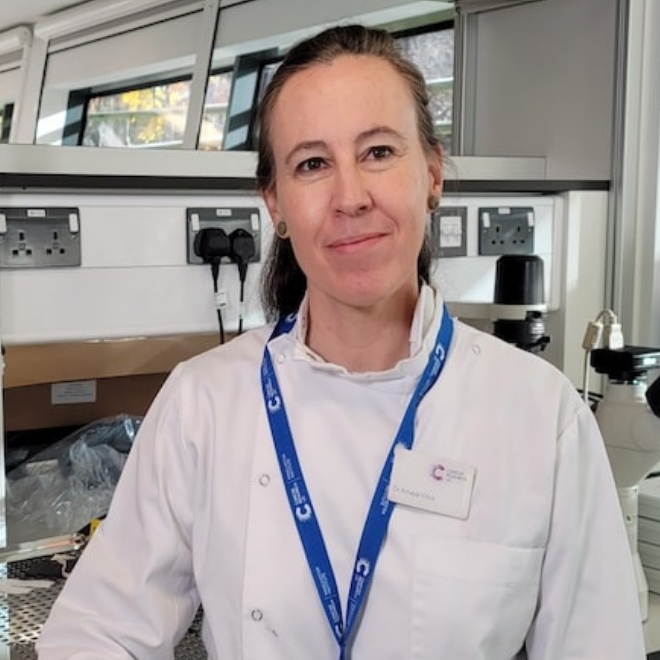Creating a more supportive environment for all our staff members and students
This Tuesday 22nd July saw the launch of the Institute’s Hidden Disabilities Sunflower campaign. Globally 1 in 6 of us live with a disability and of those, around 80% are invisible. It’s estimated there are around 1 billion people who are living with a non-visible disability. Not all disabilities are visible, conditions such as autism, chronic pain, mental health conditions, hearing loss, or mobility issues may be hidden.
The Hidden Disabilities Sunflower is a globally recognised symbol for individuals with non-visible disabilities. With the vision of a world where no one is left out or overlooked. Where people with non-visible disabilities are recognised, respected, and fully included in all areas of life. Where environments are supportive, accessible, and inclusive.
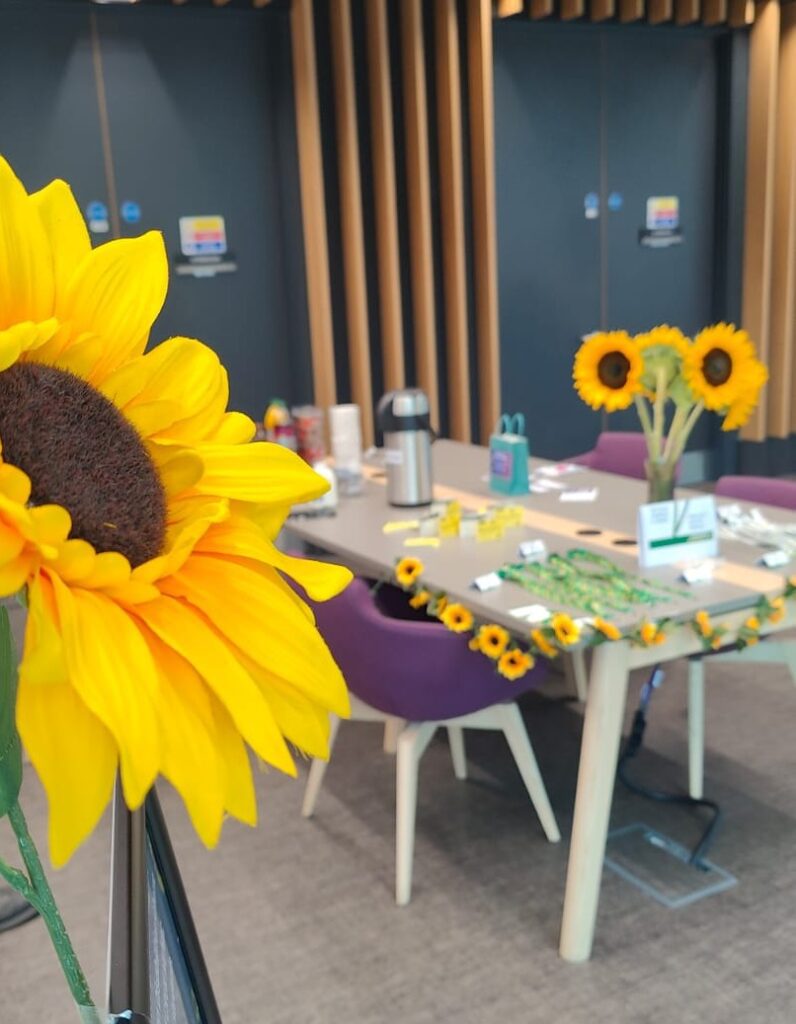
I am a champion of the Hidden Disabilities Sunflower and proud to wear the supporter lanyard. It’s important to highlight this campaign as everyone should be able to work in an environment that promotes inclusivity and understanding.
Rebecca Grant
Human Resources Officer
The event, coordinated by Rebecca Grant, our HR officer, introduced our staff and students to the Hidden Disabilities Sunflower campaign. Wearing a Sunflower lanyard signals that a person may need extra time, patience, or assistance and helps promote inclusivity, acceptance, and understanding.
It allows individuals to navigate environments more confidently, choosing what they wish to share about their non-visible disabilities, conditions, or chronic illnesses, and is a programme we are rolling out across the Institute and Cancer Research UK National Biomarker Centre.
Sunflower and Supporter lanyards are now available from the HR department on the 5th floor of the Paterson Building for all Manchester Institute and National Biomarker students and staff, who can also add a digital image to their email signature to further show their participation in the scheme.
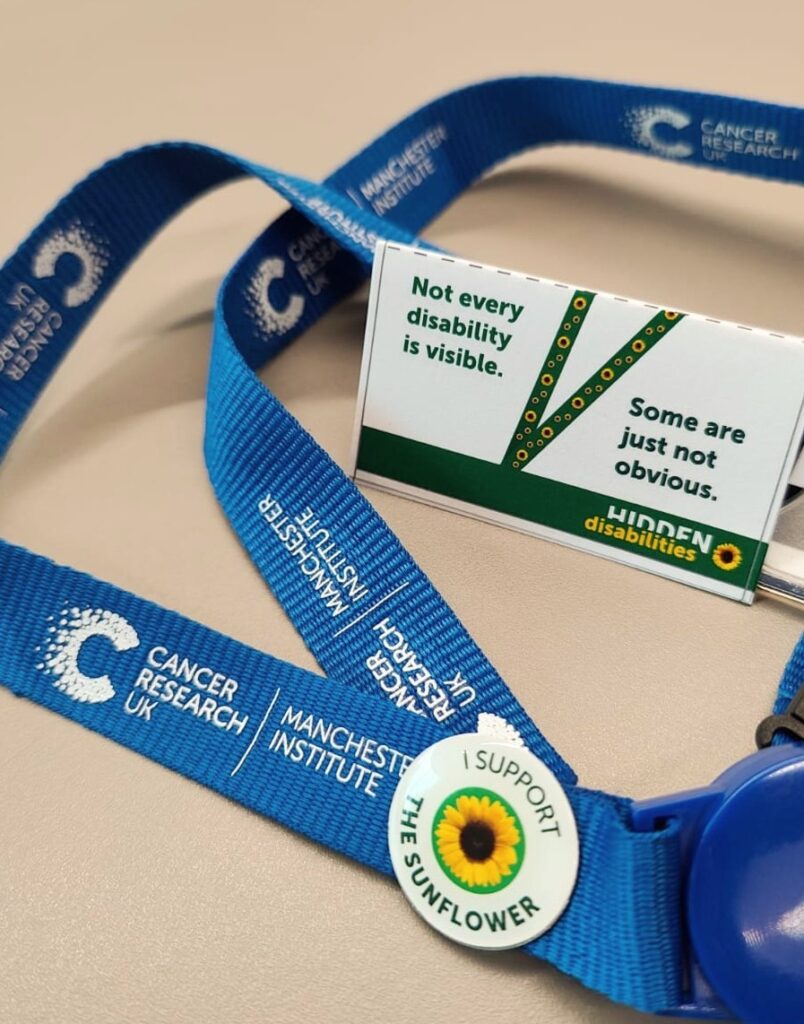
More information about the Hidden Disabilities Sunflower Campaign
Full details on the Hidden Disabilities Sunflower Programme can be found on the University of Manchester webpages: https://www.staffnet.manchester.ac.uk/equality-diversity-inclusion/equality-groups/disability/hidden-disabilities-sunflower-scheme/ Here you can find further links to other sources of information and support.
It is best not to assume what kind of support someone might need. Listening to the needs of disabled people and acting on them is the best course of action. Nobody has to tell you they have a disability or explain what it is. People can choose to keep this private. Some steps might include:
- Allow extra time for processing information or completing tasks
- Provide clear, written instructions alongside verbal communication
- Offer a quiet space or alternative arrangements if needed
- Be understanding if someone needs to sit down, use assistive devices, or move differently
- Be mindful that stress, fatigue, or sensory sensitivities may affect their experience
A list of non-visible disabilities can be found on the Hidden Disabilities Sunflower website: https://hdsunflower.com/uk/insights/category/invisible-disabilities
Why choose Cancer Research UK Manchester Institute?
The Cancer Research UK Manchester Institute, an Institute of The University of Manchester, is a world-leading centre for excellence in cancer research. The Institute is core funded by Cancer Research UK (www.cancerresearchuk.org),
the largest independent cancer research organisation in the world.
We are partnered with The Christie NHS Foundation Trust, one of the largest cancer treatment centres in Europe, which is located adjacent to the CRUK MI Manchester Institute in South Manchester. These factors combine to provide an exceptional environment in which to pursue basic, translational and clinical research programmes.
